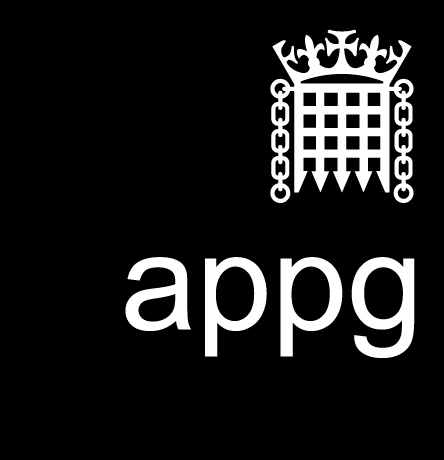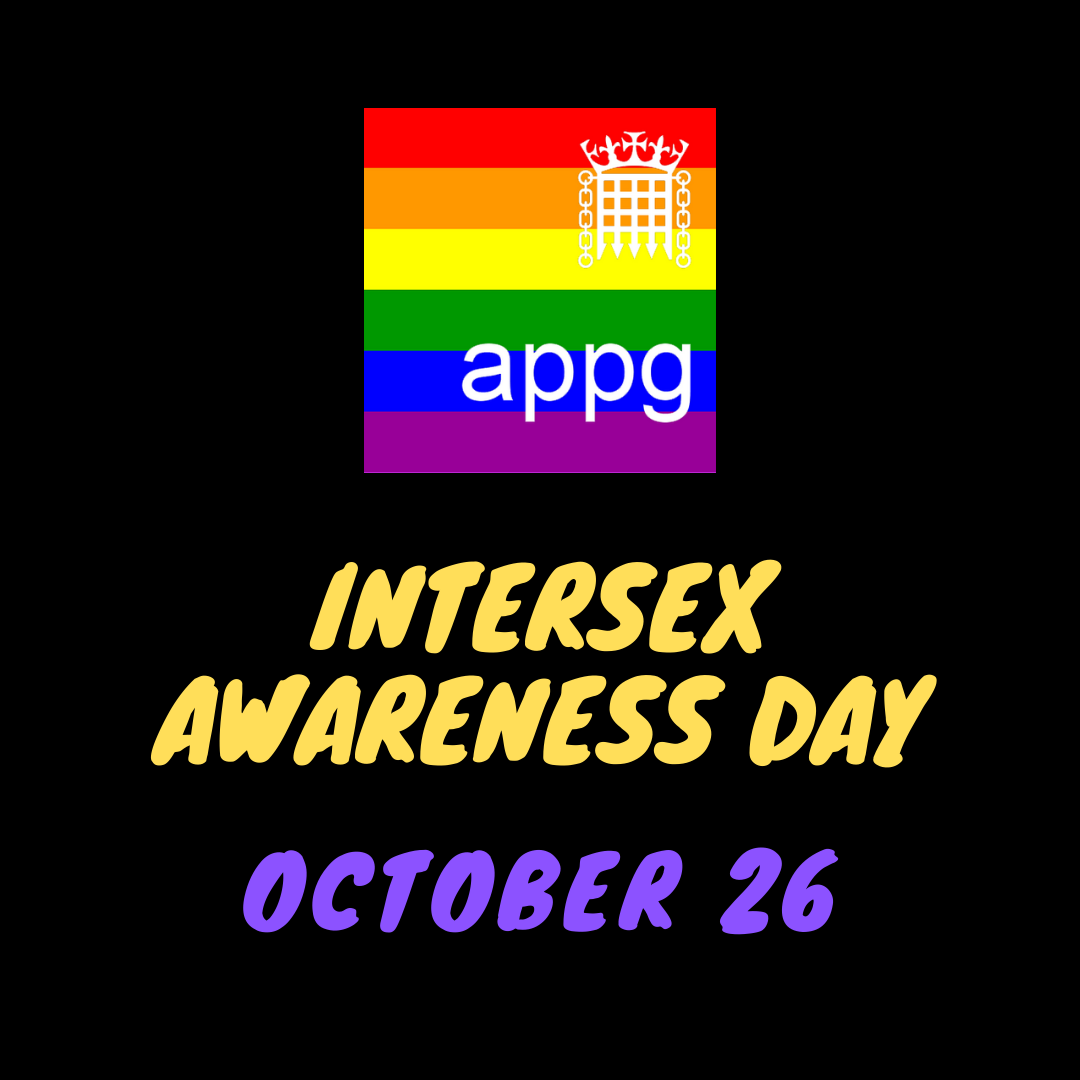On May 19, the Hungarian Parliament voted 133 in favour, 57 opposed, to approve an omnibus bill which prohibits the legal gender recognition of transgender and intersex people in Hungary.
Article 33 of the omnibus bill requires that the national registry of birth, marriages and deaths records an individual’s “birth sex” (“születési nem”) and that this designation can no longer be changed at a later date. Therefore, once an individual’s “sex at birth” is recorded, it cannot be amended, and will be reflected on all their identification documents.
This move, as several international human rights bodies have pointed out, including the Council of Europe Commissioner for Human Rights, the European Parliament, and the United Nations Special Procedures, contravenes international human rights standards.
As the UN Independent Expert on protection against violence and discrimination based on sexual orientation and gender identity Víctor Madrigal-Borloz has stated, “Everyone has the right to recognition as a person before the law, including persons of diverse gender identities”. He added “Paradoxically, at a time when the pandemic is showing the importance of enacting gender recognition processes, the Hungarian Government is introducing legislation that would do precisely the contrary.”
This legal change puts trans people - already facing a hostile environment in Hungary - at further risk. Lack of access to legal gender recognition is a violation of the right to private and family life, impacts access to vital services, and exposes trans and intersex people to stigma, discrimination and violence in almost all aspects of their daily life.
The latest edition of the European Fundamental Rights Agency’s LGBTI Survey, published last week, shows that 76% of trans Hungarians believe that the Hungarian government “definitely does not effectively combat prejudice and intolerance against LGBTI people”, compared to an EU-28 average of only 38%. In addition, 84% of trans respondents in Hungary reported that the main reason for increasing prejudice, intolerance, or violence in the country was “Negative stance and discourse by politicians and/or political parties”. 21% of intersex Hungarians believe that barriers to legal gender recognition are their biggest obstacle. Furthermore, when the "sex" marker cannot be changed, this could increase the pressure on parents of intersex children and their doctors to perform non-consented surgeries and other interventions on intersex infants and children, a practice which is universally condemned in the international human rights law framework as torture, cruel or inhumane treatment, or harmful practice.
APPG on Global LGBT+ Rights Chair Crispin Blunt MP stated, “That Hungary seems determined to remove the rights of an already vulnerable community is cruel enough, but it is particularly shocking that the Hungarian government has taken this regressive step in the middle of a global pandemic. The international community must take immediate action to ensure the rights of all Hungarian citizens, including those who are trans or intersex, are upheld. The APPG will be writing to the Secretary of State for Foreign and Commonwealth Affairs to raise this concerning issue."
Vice-chair Stewart McDonald MP added, “Such a brazen assault on human rights should be universally condemned, but we should also use this to spur us into reaching out to those targeted by this decision, whether at home or abroad. The assault on LGBT rights is a coordinated, global effort. The fight back must be too.”
The APPG on Global LGBT+ Rights stands with trans and intersex people in Hungary. We support Hungarian civil society as they call the President of the Republic János Áder asking him to send the law for review to the Constitutional Court, and call upon the international community to take action to ensure that the COVID-19 pandemic cannot be used as a cover to further roll back the human rights of the most marginalised in our society. We call on the UK Government, as co-chair of the Equal Rights Coalition, to show global leadership on this issue and work bilaterally to promote and protect trans and intersex people’s rights. Trans and intersex people in Hungary must not be denied their human rights.


